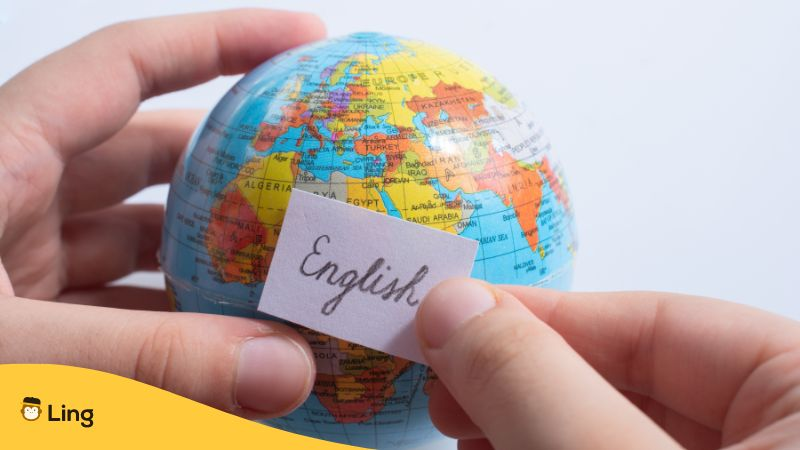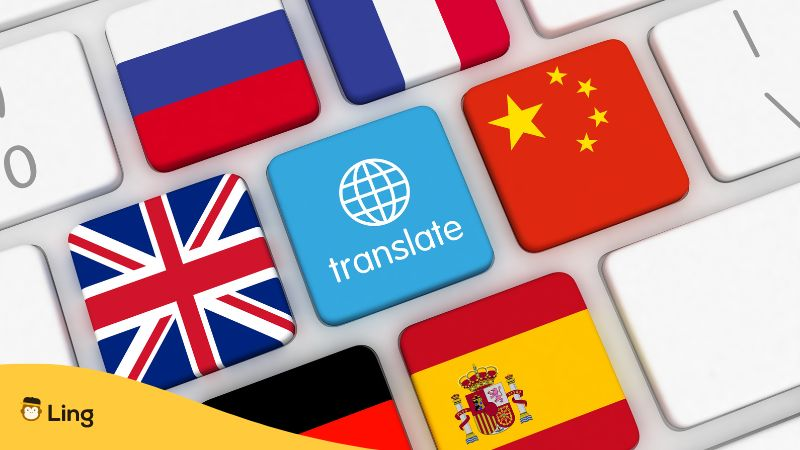Ever scratched your head while listening to some English speakers conversing and wondered which is the closest language to English? Exploring these linguistic cousins not only deepens our understanding of English but also highlights the rich tapestry of human communication. From the familiar Germanic languages like German and Dutch to the less-known Frisian and Scots, delving into the ties of these languages can be a rewarding adventure, offering insights into how languages evolve and adapt over time.
So, if you’re curious about the linguistic family tree of English, join us on this exploration as we uncover the closest languages that have shaped and influenced the way we speak today.
Language Closeness
Language closeness is like a linguistic treasure hunt, where enthusiasts use metaphorical magnifying glasses to find hidden connections between languages. When two languages share many words and a common linguistic ancestry, they establish a close bond, as seen in Spanish and Portuguese, both rooted in Latin as Romance languages. This exploration goes beyond vocabulary and includes studying grammar, such as Slavic languages like Polish, Russian, and Czech, which share not only words but also similar sentence structures and verb patterns. By delving into historical connections and enduring linguistic dialogues, we uncover the fascinating world of language closeness, revealing the intricate web of linguistic ties worldwide.
What Is The Closest Language To English?
Ever wondered which language is English’s closest relative? The answer might surprise you! Scots (an indigenous language of Scotland) take the crown as the closest language to English, sharing a common ancestry and plenty of linguistic similarities. But don’t forget about Dutch and Frisian; they’re part of the same Germanic language family and give English a run for its money in the closeness department.
But here’s the twist: English is a linguistic chameleon. It’s soaked up influences from Latin, French, and Old Norse, which has made it a diverse language with a rich vocabulary and structure. Blame it on the history books – English has been shaped by conquests, migrations, and cultural exchanges.
First, it started as Old English, courtesy of the Anglo-Saxon settlers and their Germanic languages. Then came the Norman Conquest in 1066, sprinkling Old Norman (a dash of Old French) into the mix. That’s when the French vocabulary and grammar started cozying up to English.
But wait, there’s more! English kept evolving, picking up words and flavors from Latin, Norse, and other European tongues thanks to trade, exploration, and colonialism. And don’t even get us started on the British Empire – it turned English into a globe-trotting linguist, spawning regional dialects and creole languages.

Other Languages Related To English
Hold onto your hats, folks! We’re about to explore the fascinating world of languages that share a special bond with English.
German: The Linguistic Cousin
Both languages can trace their roots back to a common linguistic ancestor, which has resulted in numerous shared words, grammatical structures, and patterns of evolution over time. In particular, the close relationship between English and German becomes evident in their basic vocabulary, with many cognates (words with a common etymological origin) present across both languages.
Another factor contributing to the closeness of these languages is their historical origins and shared past. Germanic tribes, who spoke early forms of English and German, coexisted in England and on the European continent. Subsequent interactions and cultural exchanges between these communities led to the intertwined development of these two languages.
However, it’s essential to acknowledge that, despite their close relationship, German and English have also evolved divergently, adopting vocabulary and grammar rules from a variety of other languages and cultures.
Dutch: The Close Neighbor
The Dutch and English languages both have roots in the West Germanic linguistic family, which outlines a fascinating genealogical connection. This shared heritage forms the basis of their similarity, and as such, Dutch is considered ‘genetically’ one of the closest languages to English. Their shared history has resulted in many common elements, such as terms that share the same linguistic roots, known as cognates. This implies that many Dutch words are linguistically akin to English words, resulting in comparable spelling and pronunciation.
Swedish: A Northern Connection
Don your detective hat and trace the roots of these two languages, and you’ll find that they both belong to the broad family of Germanic languages. This shared ancestry translates to notable similarities in vocabulary, syntax, and even pronunciation. For instance, did you know the Swedish word for ‘start’ is ‘starta’, and ‘fish’ is ‘fisk’? With cognates similar to these, learning Swedish may feel like embarking on a familiar journey for English speakers.
Beyond shared vocabulary, you’ll also discover that English language structure has been influenced by its Scandinavian cousins, thanks to the Viking settlers of yore. This sibling-style swap has resulted in mutual sentence construction styles – something like wearing each other’s clothes during fashion week!
French: The Eloquent Relative
The story begins almost a millennium ago when English was profoundly influenced by the French language as a result of the Norman Conquest in 1066. In the centuries that followed, an estimated 10,000 French words found their way into everyday use in English. This linguistic exchange was not a one-sided affair: the French spoken in England during that time also adopted syntactical structures that resembled English.
Fast forward to the present day, the impact of French on English is undeniable. This legacy is evident in sectors such as government, law, art, and literature. The influence of French goes beyond vocabulary as well; many English phrases, idioms, and even pronunciation rules took shape under the influence of the French language.

Learn To Speak Multiple Languages With Ling!
Whether you’re looking to delve into a distinct language, explore other languages, or even master two languages with the same meaning, Ling‘s got the features to make it happen. It’s not just about words; it’s about experiencing the joy of communication and understanding, all in a gamified manner! Ready to gove it a try? Download the app now from the Google Play Store or App Store, and let the language adventure begin!
































































